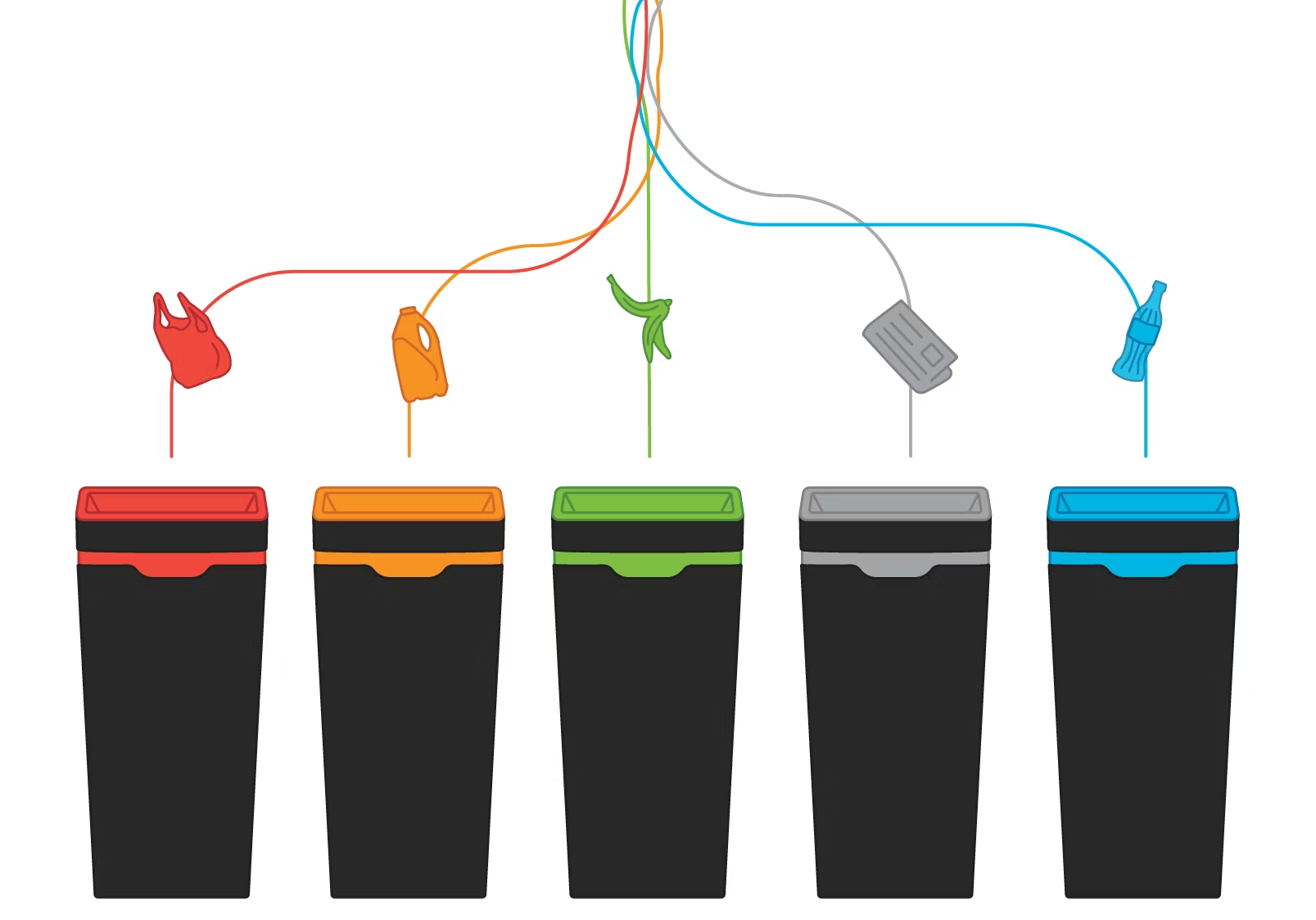
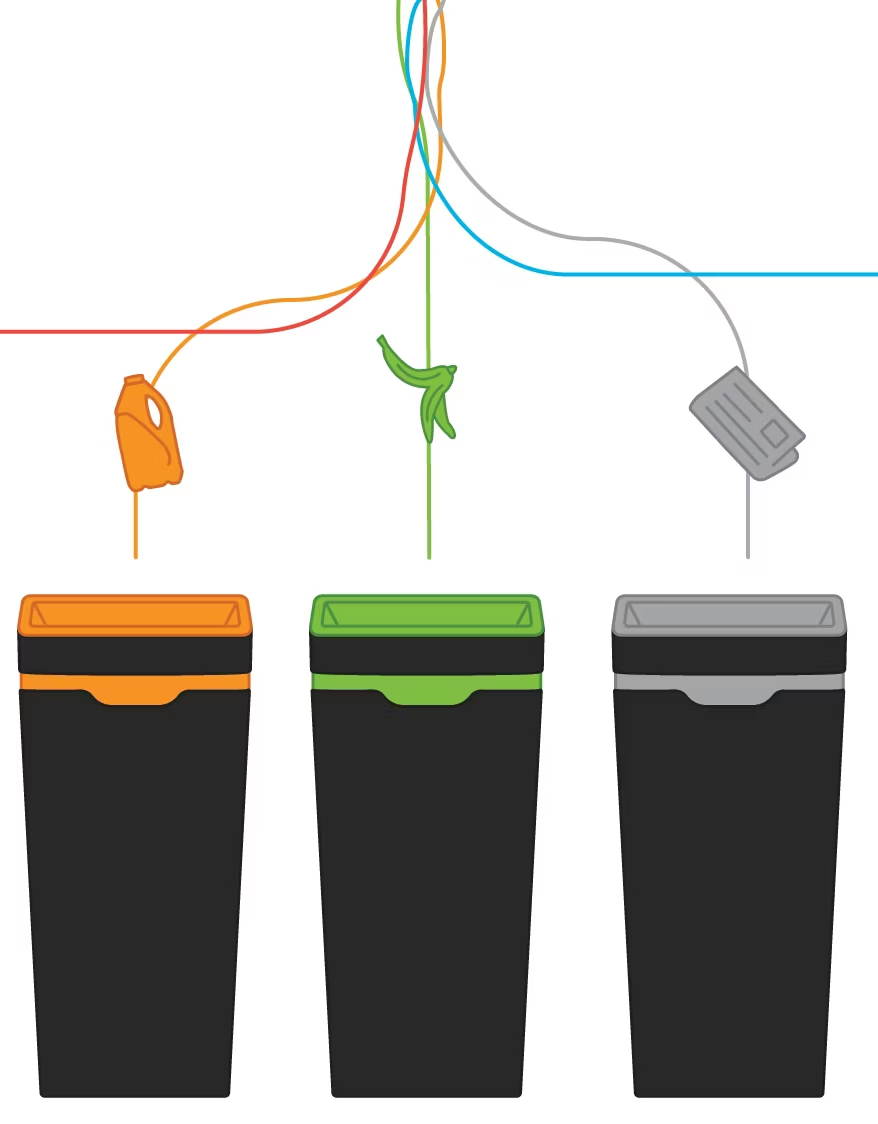
Blogs
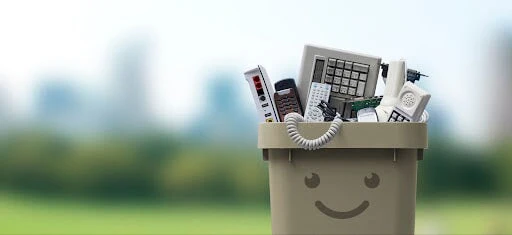
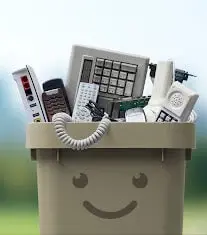
Blogs | News updates
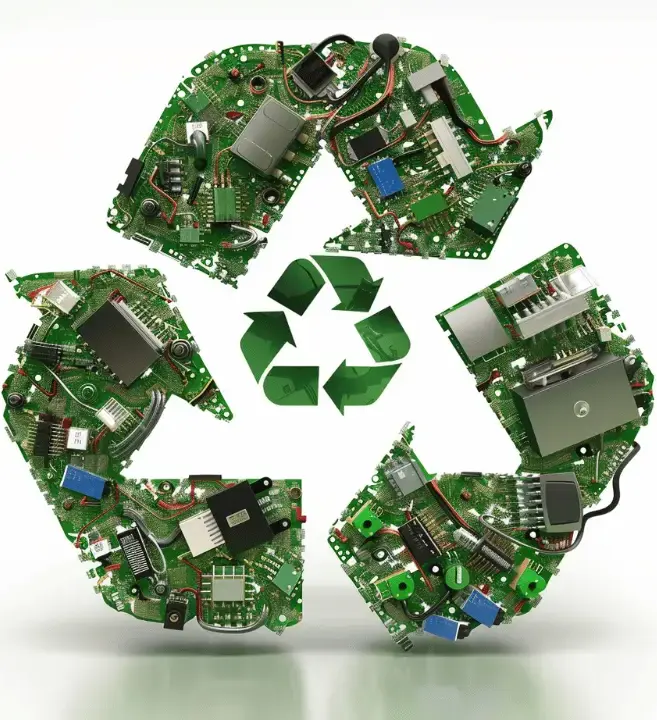
Give your old devices a second life
What is e-waste?
E-waste is electronic waste. Think about:
It’s basically any device with a plug or a battery that you no longer use. And unfortunately, these items often end up in the wrong place in household bins instead of recycling facilities.
Why does International E-Waste Day exist?
International E-Waste Day was launched in 2018 by the WEEE Forum, together with organisations worldwide. The goal is simple yet crucial: raise awareness about responsible e-waste recycling.
Why is this needed? Let’s look at some facts:
That means tonnes of valuable raw materials like gold, silver, and copper, were lost. Worse, hazardous substances such as mercury and lead often end up polluting our soil and water.
Have you heard of International E-Waste Day? Every year on 14 October, the world takes a moment to look at a growing challenge we all share: electronic waste also known as e-waste.

The good news? You can make a difference today. And no, you don’t need to be an eco-hero to do so. Small actions already have a big impact. Here are some simple steps:
Why this matters to you
You might be thinking: “What difference does my one old phone make?” But if everyone thinks that way, the problem only grows. By recycling or repairing your electronics, you:
Don’t let International E-Waste Day pass unnoticed. Take a look in your drawer, closet, or garage, chances are, you’ll find unused electronics waiting for a second life. Collect them, drop them off, and make a real impact.
Join in on 14 October. Start today. Because your old devices are worth more than you think!
Other articles